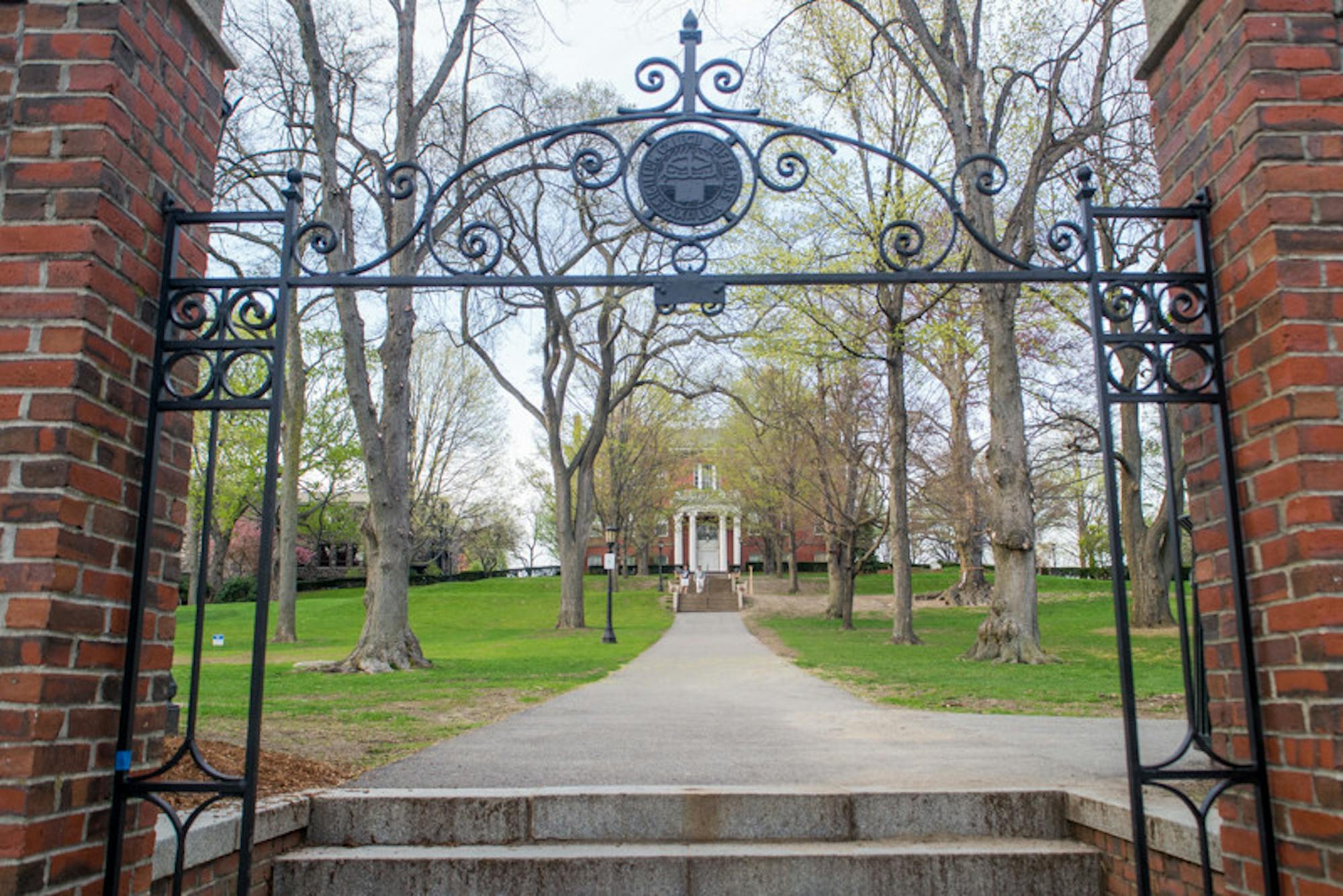When former President George H.W. Bush prepared to leave office in January 1993, he asked his successor, Bill Clinton, to protect federal funding for his signature program, The Points of Light Foundation. Clinton would later say he made a similar request eight years later, asking President George W. Bush to protect the AmeriCorps program he had launched.
As Massachusetts celebrated the 20th anniversary of the AmeriCorps Program on Sept. 12,which was hosted by Tisch College at Tufts University,we honored the enduring legacy of national service in America.AmeriCorps alumni now number more than 900,000 individuals, and their service has directly impacted millions more.
Public service in America is as old as the Republic itself, but it was theAmerican philosopher William James who in 1910 suggested conscripting Americans into a national civilian service corps that would pursue “the moral equivalent of war.”Over the years, this idea took the shape of the Civilian Conservation Corps, the Peace Corps, its domestic equivalent, VISTA and, most recently, AmeriCorps.
In an essay, James wrote of the “gilded youths” of his day, who, he imagined, would “come back into society with healthier sympathies and soberer ideas” after their service. “It is only a question of blowing on the spark until the whole population gets incandescent,” he wrote.
Young people today have embraced this idea more than ever. They are ready to serve and looking to us for these opportunities. Record numbers of applicants are signing up for programs like AmeriCorps in partnership with local organizations, such as City Year, Tenacity and Jumpstart. Many of these organizations were founded in Massachusetts. Since 1994, our state commission, the Massachusetts Service Alliance, has overseen program funding for the 27,000 AmeriCorps members from Massachusetts who have participated in national service.
The number of young men and women willing to serve in their communities for a small stipend should inspire us. AmeriCorps members tackle the toughest problems we face: illiteracy, poverty, childhood nutrition, access to educational opportunity, abuse and neglect.
This anniversary, however, raises the question of how we will honor the bipartisan spirit of four successive presidents at a time when rancorous partisanship in Washington threatens national service. Service isn’t a Democratic idea or a Republican idea. It is an American idea that speaks directly to who we are as a nation.
AmeriCorps had barely gotten off the ground when the 1994 Congress defiantly defunded the program. Determined to keep his national service initiative alive,President Clinton tapped former Senator Harris Wofford of Pennsylvania to follow Eli Segal as the CEO of the Corporation for National and Community Service. Wofford reminded his former Republican colleagues of the pledge to protect President Bush’s legacy, and he reminded his former Democratic colleagues of how Senator Ted Kennedy had supported and fought for Bush’s Points of Light Foundation.
AmeriCorps has survived because it works.
Members are young men like Travis Wyatt Harris, a 26-year-old Massachusetts native, who spent the past year teaching English and reading skills to adults from 20 to 70 years old through the Lynn AmeriCorps program.And they are young women likeCarro Hua and Stephenie Hou, now serving in Chinatown and Brockton through the Massachusetts Promise Fellows program, paying forward the service from which they benefited when AmeriCorps members helped them, as children, to learn to read.
We pause to reflect on all the work that has been done, but the opportunity today is to recommit to an ethic of service and to support the aspirations of the next generation. They want to serve and to weave an indelible mark into the fabric of our communities. Their aspirations should be ours as we continue to strive for that incandescent light that brightens all of our communities.






